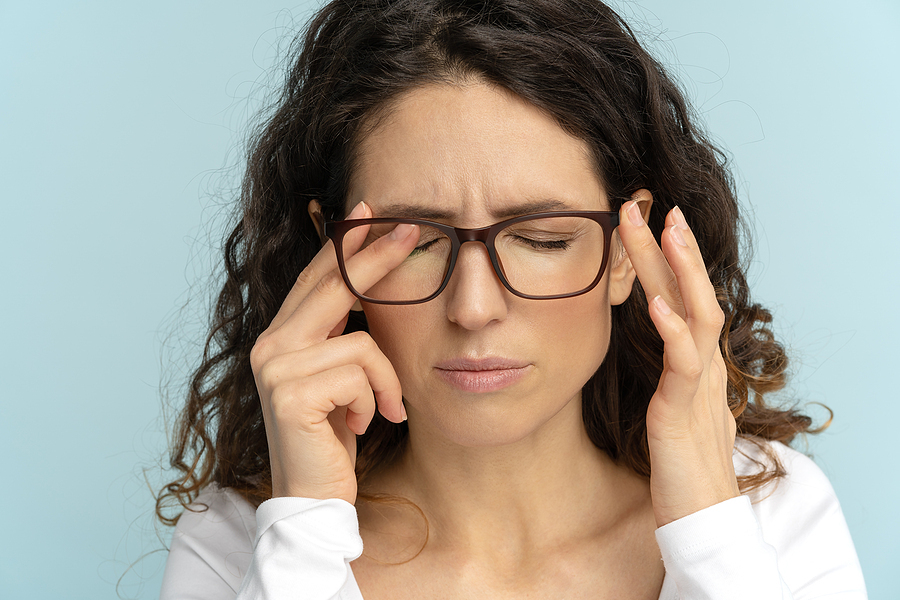Depression is a mood condition characterized by chronic sorrow and loss of interest. It affects how you feel, think, and behave and can lead to various mental and physical difficulties. It is also known as major depressive disorder or clinical depression. You may have difficulty performing routine daily activities, and you may feel as though life isn’t worth living.
Depression is more than just a bad mood, and it isn’t something you can quickly shake. Depression may necessitate long-term therapy. But don’t be disheartened. Most people who suffer from depression benefit from medication, counseling, or both.
When you have depression, everything seems more difficult. Going to work, chatting with friends, or even getting out of bed can be difficult. There are, however, certain things you may do to manage your symptoms and enhance your quality of life. Here are some suggestions for dealing with depression.
- Increase your sleeping time
Sleep and emotion are inextricably linked. If you get too little of the former, the latter will suffer whether you have depression or not. Make sure you have what sleep specialists call adequate sleep hygiene to promote your emotional well-being.
This implies that you have consistent bedtimes and wake-up hours, that your bedroom is set up for sound sleep, a peaceful bedtime routine that does not include sitting in front of a device, and so on. There are actions you may do to try to enhance the quality of your sleep, whether you can’t seem to get any sleep or can’t seem to quit sleeping:
- Allow yourself time to relax before night; do something relaxing and avoid stressful jobs or thoughts.
- Set the alarm to get up at the same time every morning and go to bed at the same time every night.
- Maintain a regular bedtime regimen.
- Turn off your electronics and spend a few minutes reading a book.
- Reduce your anxiety
When you are stressed, your body creates extra cortisol, a hormone. In the near term, this is beneficial since it prepares you to deal with whatever is generating your stress. However, in the long run, it can lead to various issues, including depression. The more you employ stress-reduction tactics, the less likely you will develop depression.
- Reduce caffeine consumption
Caffeine is present in coffee, tea, soda, and even chocolate. Caffeine is good in moderation in the morning if you prefer it, but avoid it after late afternoon to avoid interfering with sleep.
If you rely on caffeine, try reducing gradually to avoid unpleasant caffeine withdrawal symptoms. Instead of reaching for a Coke or a cup of coffee, take a quick walk around the block.
- Discover how to stop negative thoughts
Depression makes you feel lousy, but it can also make you think adversely. However, changing those negative ideas can help you feel better. Cognitive-behavioral therapy (CBT) is a sort of therapy that aims to eradicate depression by changing frequent patterns of negative thinking known as cognitive distortions. There are also several self-help books, apps, and online courses available to assist you in learning how to change your problematic thinking patterns.

